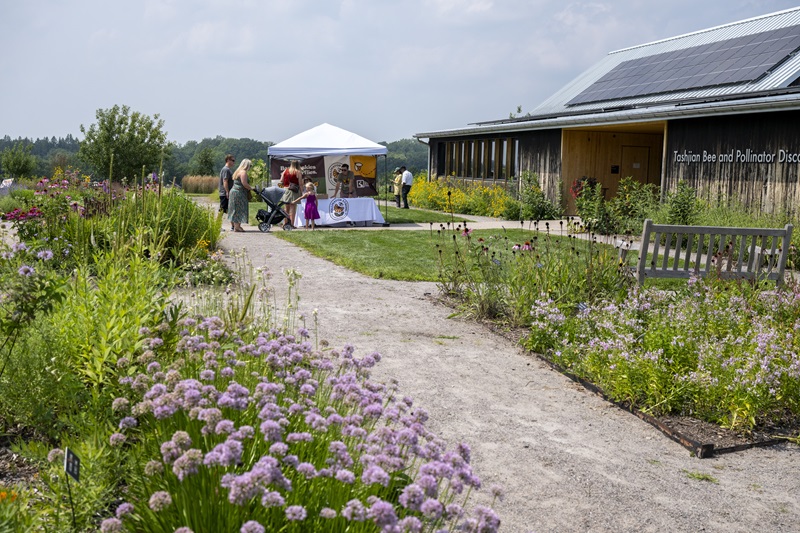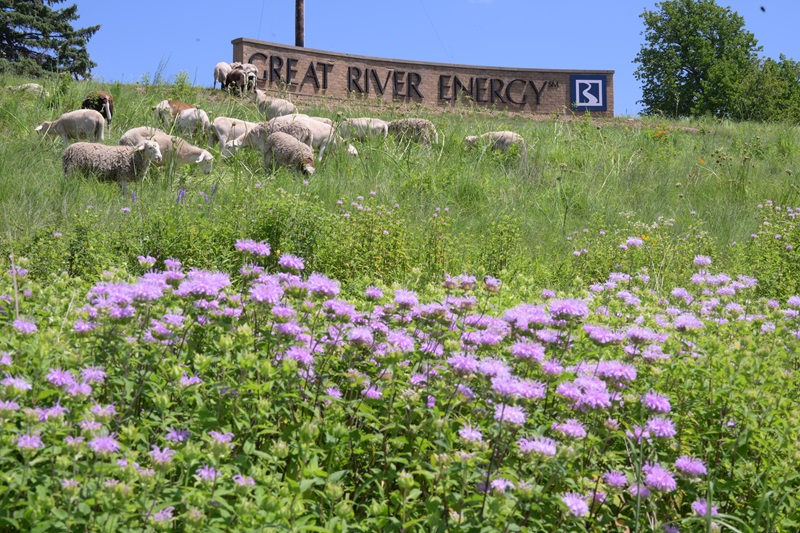As Minnesota moves toward a carbon-free energy future, the state permitting process for transmission projects has risen high on the list of issues that need to be addressed, and it is expected to be a key focus at Minnesota’s legislative session this year.
Building transmission lines, such as the 180-mile Northland Reliability Project that Great River Energy is developing and building with Minnesota Power, can often take up to 10 years or longer, in part due to the lengthy timeline to develop a route and secure a certificate of need and route permit from the Minnesota Public Utilities Commission (PUC). These important permits are required to construct the transmission lines.
Last year, the PUC requested a task force look for ways to improve the permitting process for renewable energy and transmission line projects. Great River Energy’s Dan Lesher, manager of permitting and land rights, participated on the task force.
“Cooperative members bear the burden of hosting more transmission infrastructure on their property than anyone else. Great River Energy’s role on the task force was to advocate on behalf of our members.”
— Dan Lesher, Great River Energy’s manager of permitting and land rights
Lesher said task force members felt the current permitting process is not broken, but there are opportunities to make some sensible administrative and statutory changes to streamline the permitting process without taking away from public due process. The task force came up with a comprehensive list of 35 ideas, all of which are encapsulated in a recently released report.
“Great River Energy supports a number of these ideas; however, we want to be careful to not make changes that have unintended consequences. We do not want to remove important process and permitting regulation. Our number one priority is that our cooperative members have ample opportunity to be heard in the regulatory process,” Lesher said.
The task force took input from more than 30 organizations, including state agencies, utilities, energy developers, climate advocacy nonprofits and agricultural trade groups before compiling the 35 ideas for streamlining the process that either the legislature or the PUC could act upon.
 " data-object-fit="cover">
" data-object-fit="cover">
 " data-object-fit="cover">
" data-object-fit="cover">